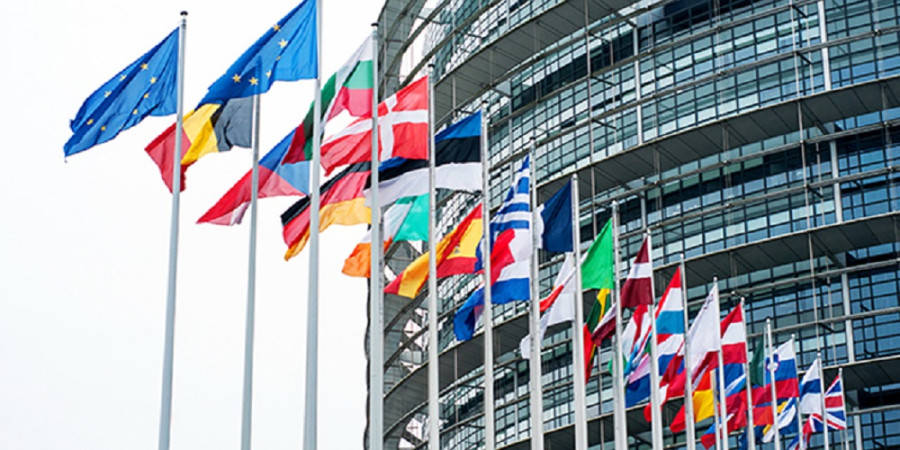
ছবি: Photo: Collected
The European Union has moved to classify Bangladesh as a ‘safe country of origin,’ a decision that could significantly reduce the likelihood of Bangladeshi nationals being granted asylum within EU member states. Alongside Bangladesh, six other countries—Kosovo, Colombia, Egypt, India, Morocco, and Tunisia—have been added to this list. The proposed classification is part of broader EU efforts to manage migration more efficiently amid increasing pressure from member states facing large volumes of asylum applications.
This new designation, however, has not yet come into effect, as it requires formal approval from the European Parliament. If enacted, it would allow EU countries to presume that individuals from these nations are not generally at risk of persecution, thereby expediting the rejection of asylum applications and easing the repatriation process.
Human rights organizations have criticized the move, arguing that it oversimplifies complex socio-political realities and may put vulnerable individuals at greater risk. They express concern that the change could compromise fair assessment processes for those fleeing targeted violence, political unrest, or other forms of persecution not always visible in the broader national context.
Magnus Brunner, the EU Commissioner for Migration, emphasized the administrative challenges member states are facing in handling high volumes of asylum claims. He stated that this step is aimed at allowing faster decision-making by enabling authorities to filter out cases from countries deemed generally safe, and thus redirect resources toward more critical asylum requests.
The proposal comes at a time when several EU countries, particularly those led by right-leaning or nationalist governments, have been advocating for stricter migration control policies. These governments have been urging Brussels to facilitate faster deportation processes and reduce the backlog of asylum cases, which they argue threaten national stability and social cohesion.
According to EU policy, a country can be designated as ‘safe’ if it meets a range of criteria, including the absence of generalized violence, torture, inhuman treatment, or persecution. The European Commission has stated that this designation will be guided by standard principles and not arbitrarily applied. Nevertheless, the inclusion of countries with known human rights challenges has drawn skepticism from advocacy groups and legal experts.
For Bangladesh and the other countries listed, the designation could result in more of their nationals being returned from European territories, as authorities would now have the legal backing to consider their asylum claims inadmissible under ordinary conditions. In practical terms, this also means that asylum seekers from these countries would have to provide stronger evidence to prove individual risk or exceptional circumstances that warrant international protection.
If approved by the European Parliament, the updated list will serve as a guiding framework for all EU member states in processing asylum claims, although individual countries will still have the discretion to examine applications on a case-by-case basis. The move signals a broader shift in the EU's migration policy landscape, as the bloc balances humanitarian obligations with internal political and administrative pressures.
While the final decision still awaits legislative endorsement, the initiative has already sparked a broader debate across Europe on the balance between border control and the rights of asylum seekers, especially from countries undergoing socio-economic instability and governance challenges.
repoter






